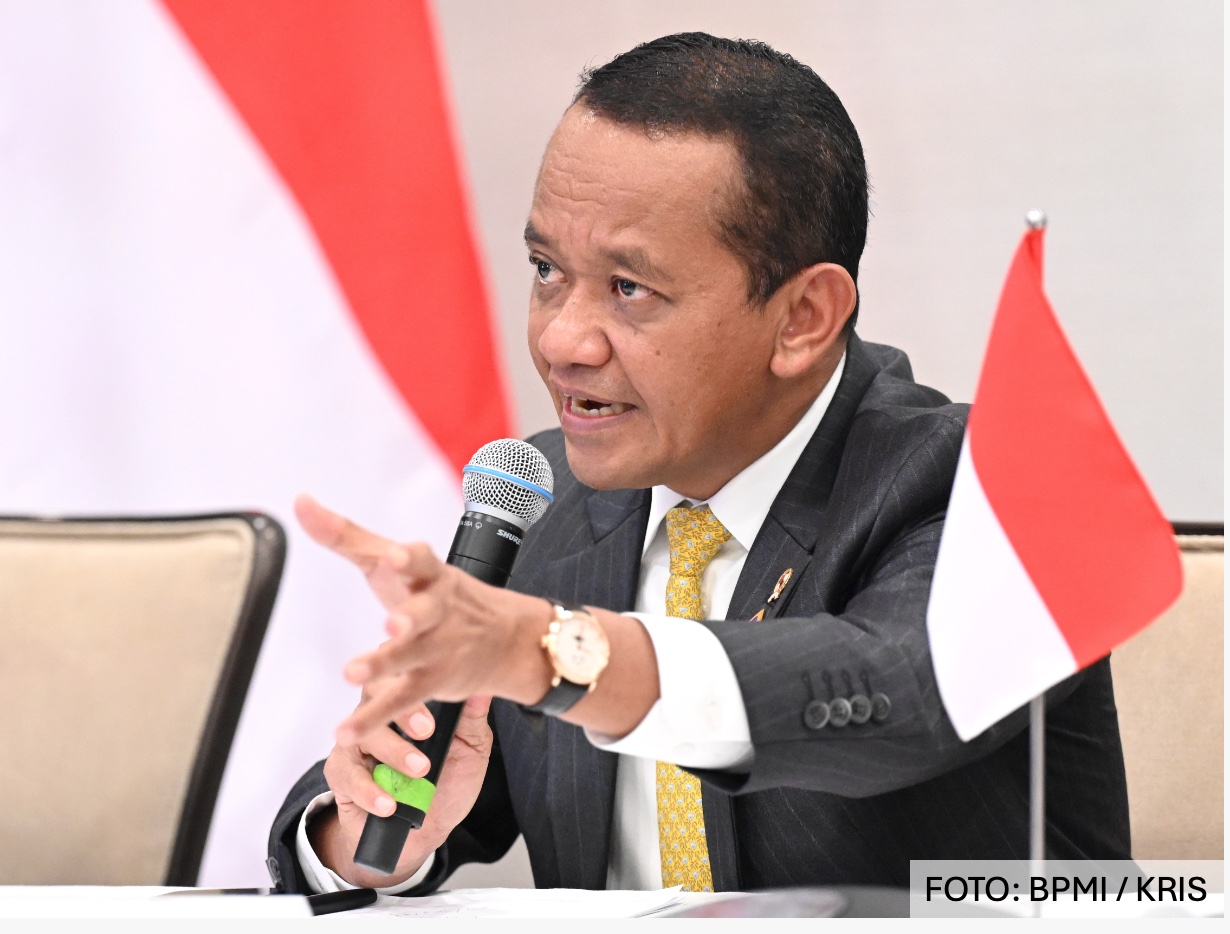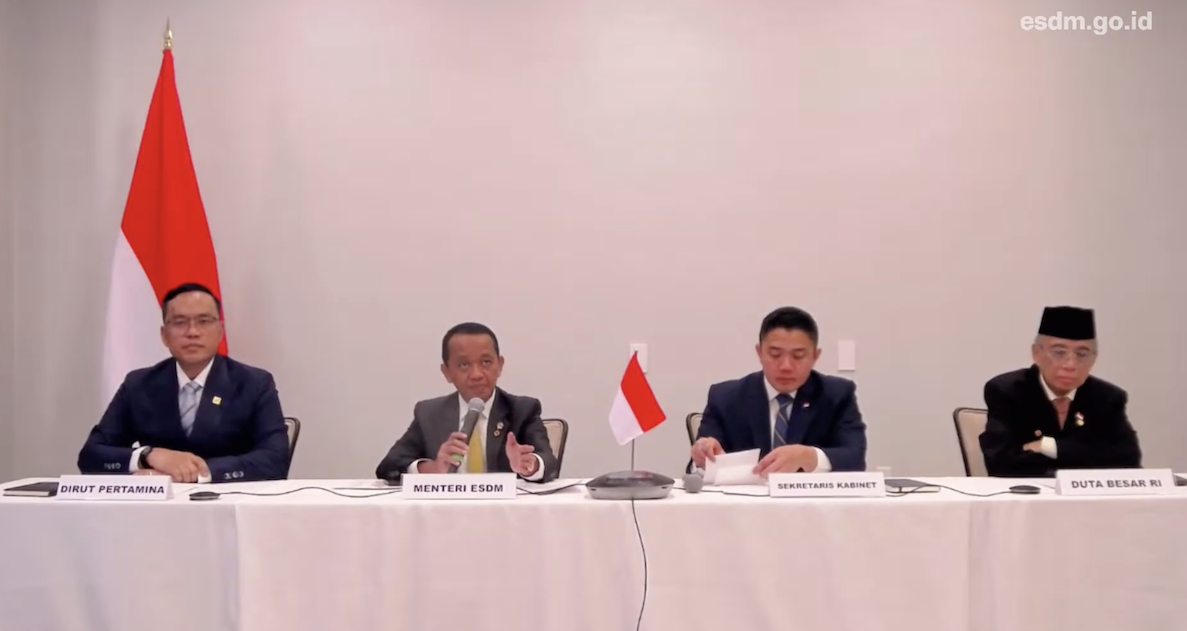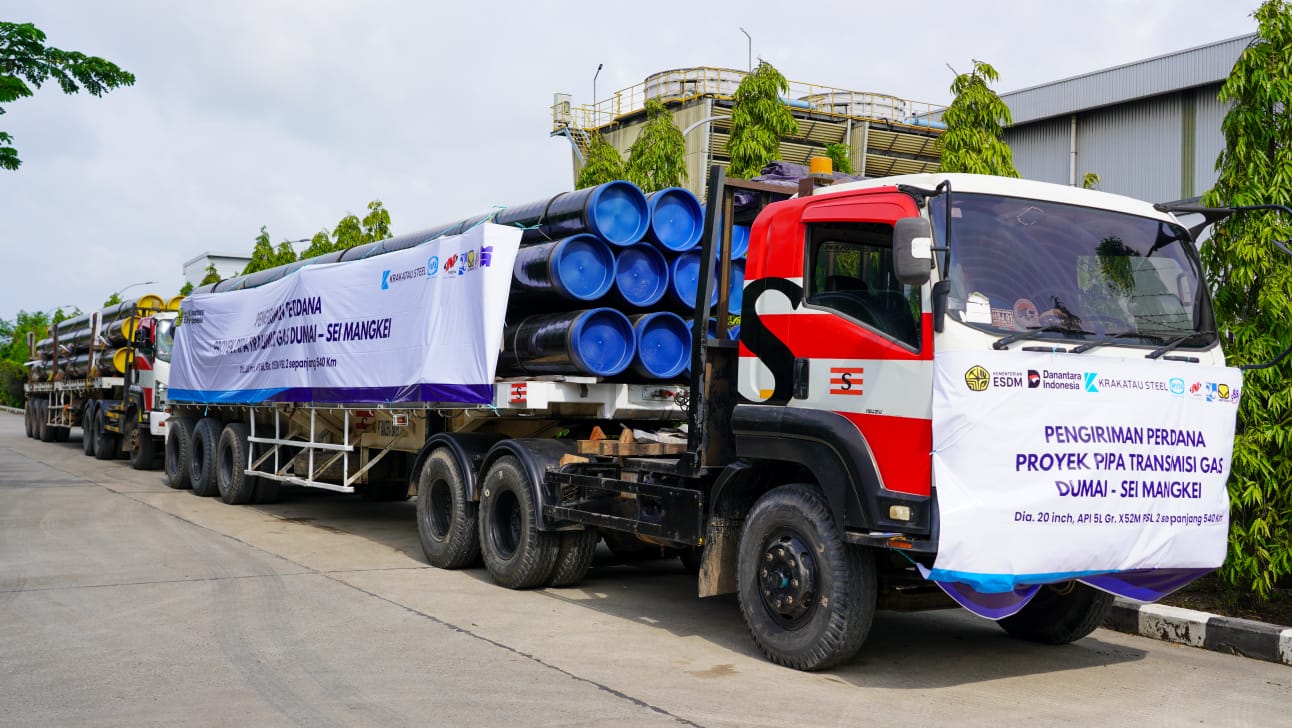
Use Electric Cars, and You will Help Mother Nature
MINISTRY OF ENERGY AND MINERAL RESOURCES
REPUBLIC OF INDONESIA
PRESS RELEASE
NUMBER: 301.Pers/04/SJI/2021
Date: 1 September 2021
Use Electric Cars, and You will Help Mother Nature
The use of electric vehicles for road transportation contributes significantly to the improvement of environmental management. Electric vehicles do not pollute the air, so the air remains clean. In addition, electric vehicles are more economical, up to a fifth of the cost to operate gasoline-powered vehicles.
"The use of clean and environmentally friendly energy is concrete evidence of Indonesia's commitment to reducing greenhouse gas emissions, which is in line with the mandate of Law Number 16 of 2016 on Ratification of the Paris Agreement to the United Nations Framework Convention on Climate Change, in which Indonesia is committed to reducing emissions by 29% with its own efforts and by 41% with international collaboration from the Business as Usual (BaU) condition in 2030," said Director of Electricity Technique and Environment of Ministry of Energy and Mineral Resources (EMR), Wanhar, during a webinar titled the Online Meeting of IPRAHUMAS PC of the Ministry of Energy and Mineral Resources on Wednesday (1/9).
To support the massive use of electric vehicles, the President issued Presidential Regulation No. 55 of 2019 on the Acceleration of the Battery Electric Vehicle Program for Road Transportation.
"With the issuance of this Presidential Regulation, the direction as well as the legal basis and certainty for the acceleration of the battery electric vehicle program for road transportation will become clearer. Various fiscal and non-fiscal incentives are controlled in Presidential Regulation 55 of 2019, all with the aim to make people switch to electric vehicles more quickly," explained Wanhar.
Wanhar went on to say that the Ministry of EMR was currently preparing a National Grand Energy Strategy (GSE). One of the programs of the GSE is the use of electric vehicles (EV), with a target to reduce fuel imports equivalent to 67,000 bopd from the use of 2 million cars and 13 million motorcycles. The program will save foreign exchange by USD1.6 billion and reduce greenhouse gas emissions by 6.66 million tonnes of CO2e by 2030.
To support the EV program, the GSE contains the Roadmap of Public Battery Charging Stations (SPKLU) and Public Battery Swap Stations (SPBKLU). Until 2021, as many as 572 charging stations will be built, and the number is expected to rise to 31,859 by 2030. These charging stations are located in shopping malls, office areas, airports, gas stations, apartments, and taxi garage. Meanwhile, 3,000 battery swap stations will be built until 2021, and a total of 67,000 will be available by 2030.
Currently, there are 166 charging stations spanning 135 locations in Sumatra (3), Special Capital Region of Jakarta (75), Banten (15), West Java (26 unit), Central Java-Special Region of Yogya (16), East Java-Bali-West Nusa Tenggara (27), and Sulawesi (4). Meanwhile, 74 battery swap stations are installed in 73 locations (all in Jakarta-Bogor-Depok-Tangerang-Bekasi areas, including 2 units at the office complex of Directorate General of Electricity). There are 12 charging stations in 9 location that are ready for commercial use because these stations have met the 3-plug requirement and obtained an SPKLU ID number.
Vice President Director of state electricity utility PT PLN (Persero), Darmawan Prasodjo, commented in a similar vein. According to Darmawan, an electric vehicle, either an electric car or an electric motorcycle, is obviously more economical and environmentally friendly. One liter of gasoline can cover a 10 km distance, and the same distance can be covered by 1 kWh of electricity. A liter of gasoline costs Rp9,000, while 1 kWh of electricity is priced at Rp1,500. Moreover, an electric vehicle is more environmentally friendly. A liter of gasoline contains 700 gram of carbon. When a gasoline-powered vehicle travels 10 km, it emits 2.4 kg of CO2. On the contrary, 1 kWh of electricity emits only 850 gram of CO2, and the emission is produced when the electricity is being generated by PLN.
"If you drive a gasoline-powered car for 10 km, the CO2 emissions reach 2.4 kg and those are left on the roads; if you drive an electric car, the emissions are only 850 gram, (the amount stays at) PLN's power plants," explained Darmawan.
To support the use of clean energy, Darmawan said PLN would retire its coal-fired power plants. "PLN will retire coal-fired power plants. We're starting to replace these plants with clean energy plants that are fueled by new, renewable energy. The shift from fueled-based transportation, either motorcycles or cars, to electric cars means reducing CO2 emissions. This is the rationale behind the use of electric vehicles," Darmawan concluded. (IY)
Head of Bureau of Communication, Public Information Services, and Cooperation
Agung
Pribadi (08112213555)
Share This!






